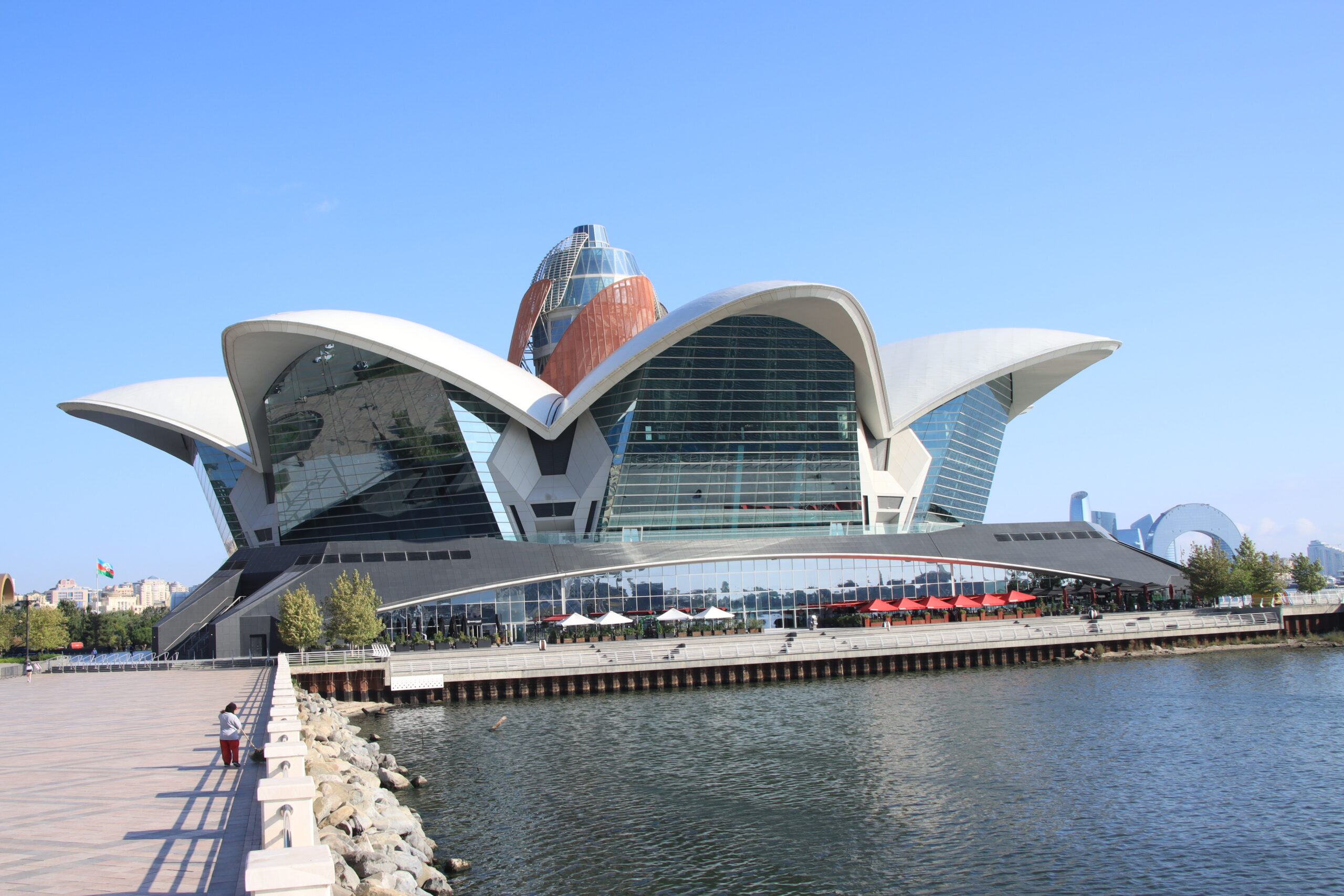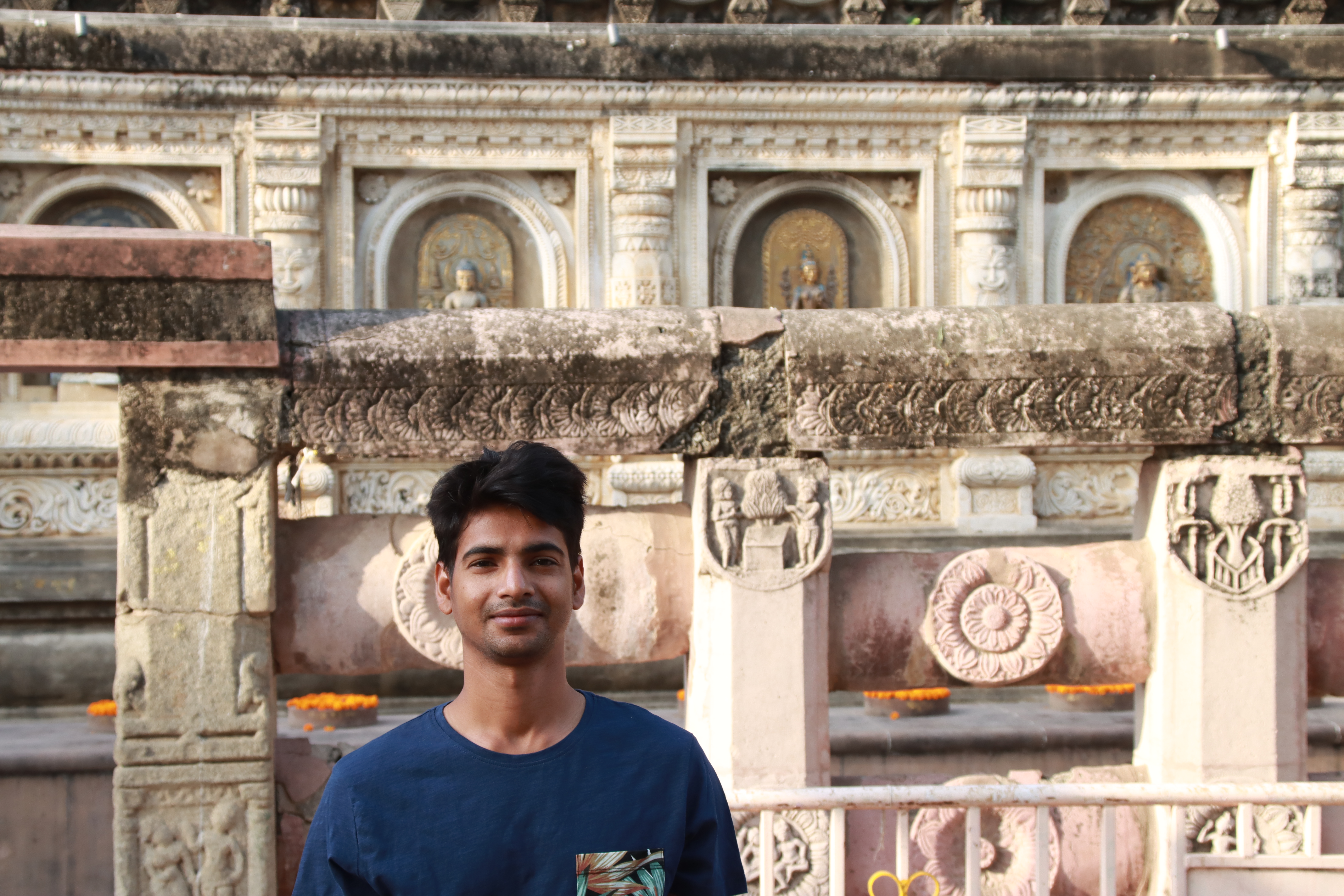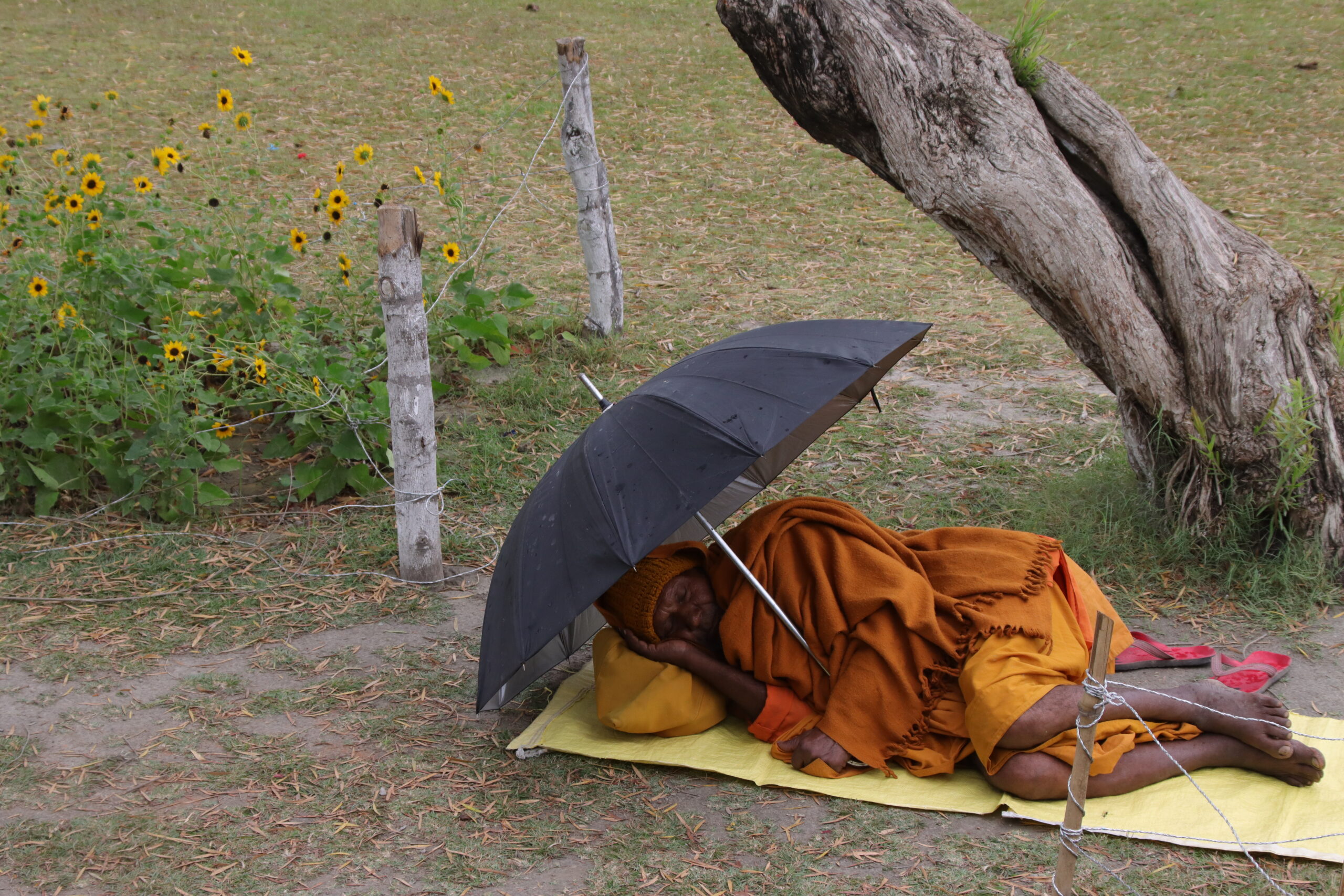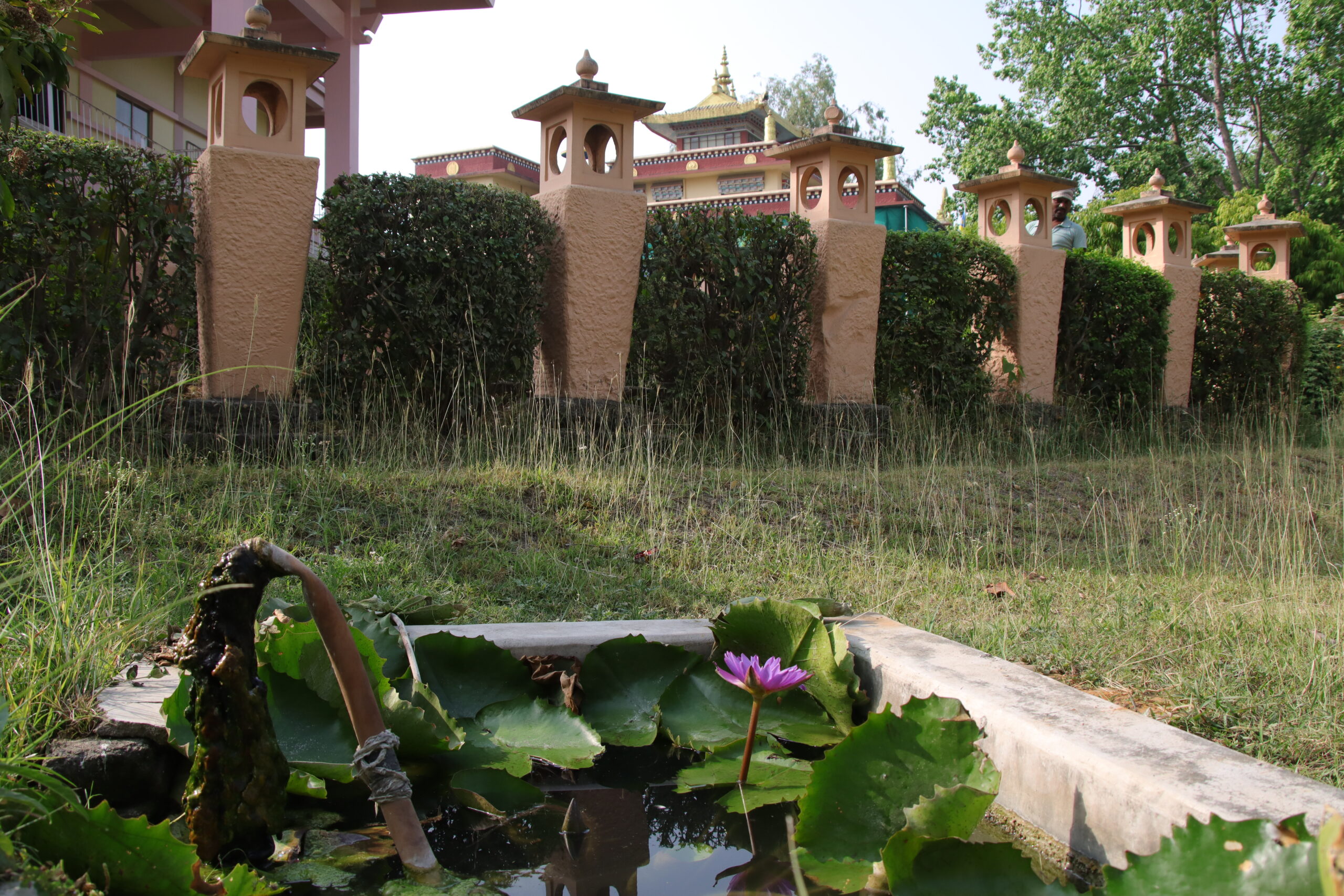In this staple of Baku’s skyline, I saw a bagel bar posting advertisements for pumpkin spice lattes, and a TGIF chain.
Even as an oil-powered modernity rushes to consume Baku, the culture that drives the country is not one of business meetings over coffee, but a rich and firmly ingrained set of traditions. When trying to understand another people and society, I often try and narrow down the answer to a simple yet often overlooked question. It’s overlooked, I believe, by people who like to try and understand other societies and cultures and write about them. The question is, ‘what do they really like?’ I remember a traveler in Namibia who confirmed something I had heard a year before about tourism overtaking Thailand to such a degree that the Thai people were getting fed up with Westerners and tended to shy away from contact. He told me that he had asked that very question to a pair of young men in Bangkok who replied by saying that they like Thai stuff and Thai people.
Humans will spend as much as as possible interacting with things and phenomena that they like, and in Azerbaijan, by paying attention to what it is they like, we can get a handle on this difficult-to-nail-down people. As I explained in my last dispatch, the Azeri are a sort of recipe composed of three equal parts: the Caucasians, the Iranians, and the Turks. Each deserves credit for shaping this in-between land, as all have controlled different parts of it at different times, from the Persia-like Shirvansahs to the Turkic “Khans” of Lankaran, to the Albanians (no relation to the modern country) in the Caucasus. Azeri people love that weepy male singing in minor key so typical of Islamic countries, and they love it even more when led by a man on the Turkish clarinet, or when it’s accompanied by that thin oud-like instrument found also in Turkey.
My friend Qadir showed me a hyper-produced rap song he helped do location scouting for. There was all the typical flash and bombast of Western rap like the cars and the references to Women’s genitalia, but the chorus was talking about how high the mountains were and how beautiful nature was. Suddenly in the discoteca, everyone was dancing to a drum and clarinet, and the loose women that are needed in any rap video were substituted by virtuous and demure country maidens filling ewres of water from a clear stream.
Turning back to the lattes over business meetings, coffee culture has spread like a rash over Baku with all its Western influence of quirk and quaintness, but coffee shops don’t open at 6 a.m. for the early morning rush, neither are they open at 7, nor 7:30. Some will be open at 8 a.m. in Baku perhaps, but in Lankaran where I also stayed, tough luck. 9:00? Go back to bed, the coffee is not on. As much as I can do to label it, coffee drinking here has surely picked off some Azeri, but for the majority it’s something, like tea and Turkish coffee, to be enjoyed after work or after dinner. Western coffee consumption came over and had to slot into the already-existing tradition of beverage consumption.
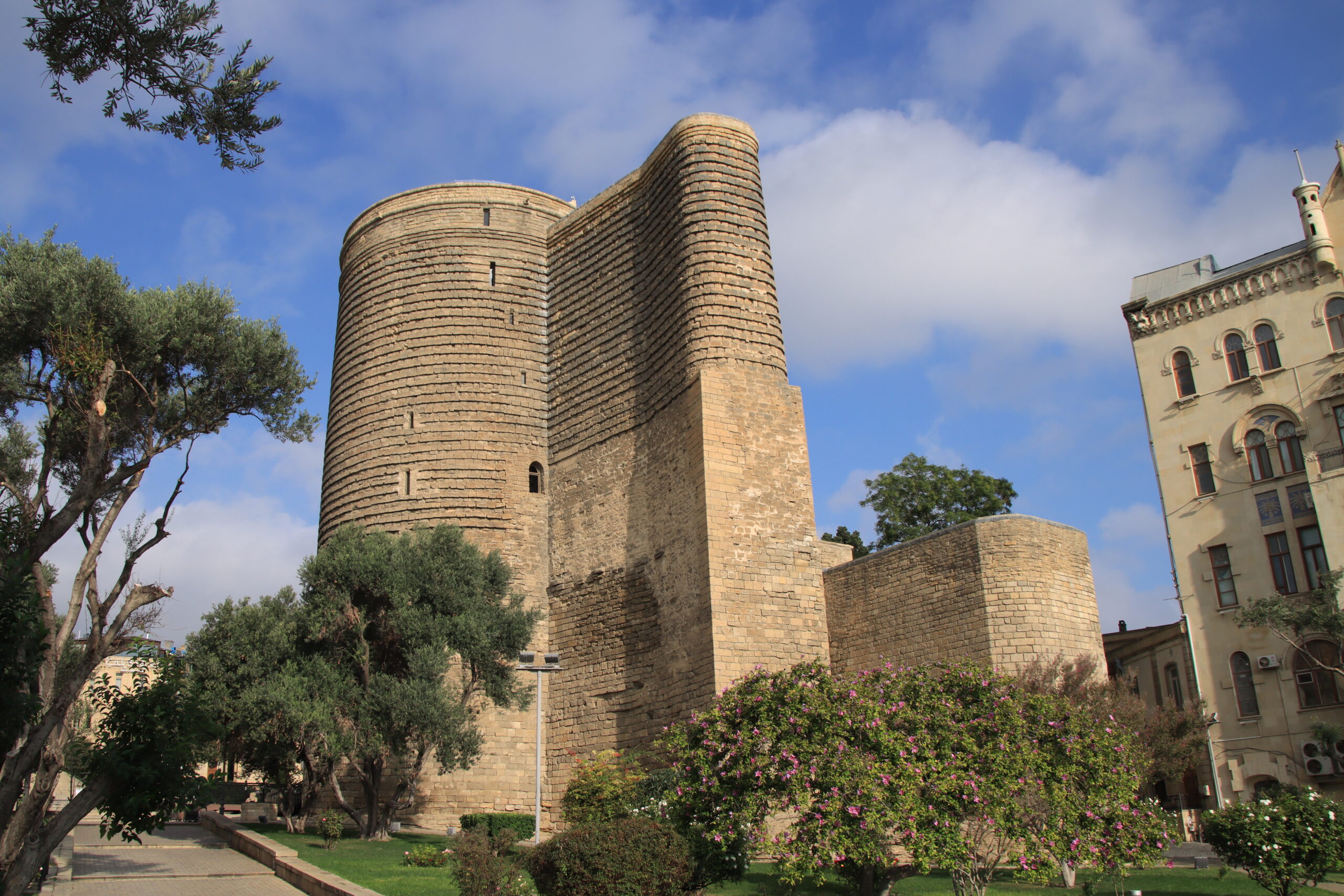
Unlike some other countries I’ve been in with beautiful nature, it’s clear that the Persian passion for picnics has really caught hold of the Azeri as well. As much as there is space to do so, the roadsides in the countryside are littered with stalls for picnicking, and benches for doing so spread out amid the trees or along the river. Sometimes there are full-on restaurants, other times it’s just a stall with two old people selling bread and tea. Still, if I suppress my Western instincts to think “how do they make a living doing this?” or “who is just going to stop and eat on the roadside like this,” and instead follow my Buddhist instincts that tell me all phenomena arise as a result of causes and conditions, it must be that since the Iranians are famous for picnicking, and the Azeri are part Iranian, and because all the stalls are there for me to see—it must be that these roadside eateries are there because people like them.
To wit, on a recent highway through the mountain, I saw the roadside perfectly littered with camping sites in the kind of deciduous forests that were like the picture of a forest drawn by a child. Flat, covered in leaves, and with trees spaced neatly apart. It was quite the scene, old men drinking tea, occasional families playing and laughing, all over a spreading carpet of autumn leaves.
I haven’t heard a note of Western music this whole trip. Every Azeri is entirely absorbed with their nation’s sons and daughters. I’ve barely heard any Western styles, to go further still. Not a note of jazz, a croon of rock & roll, and just the occasional rap song blasting from the windows of Japanese hatchbacks.
